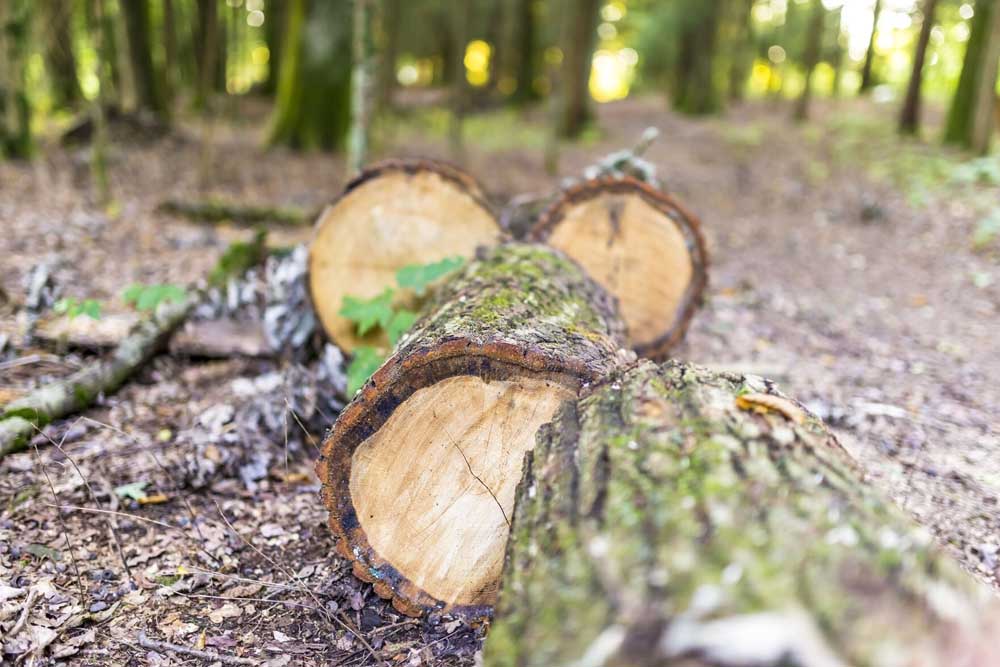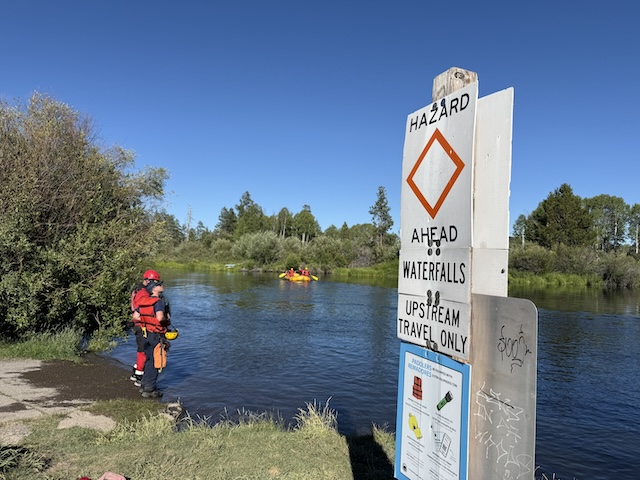Environmental group sues feds over logging expansion plan
Published 12:37 pm Friday, May 16, 2025
The Center for Biological Diversity has sued the U.S. Department of the Interior and the USDA Forest Service to release public records that pertain to the Trump administration’s plan to rapidly expand logging.
“People deserve a full and transparent accounting” before President Donald Trump’s administration tries to “hand over our nation’s forests to logging interests,” Kristine Akland, the center’s Northern Rockies director, said in a news release. “Rushing to cut down treasured places like Montana’s Flathead National Forest or Idaho’s Sawtooth National Forest without public input or environmental review robs future generations of the chance to experience these iconic landscapes. These forests belong to all of us, not just the timber industry.”
Trump on March 1 ordered immediate expansion of timber production. Goals include increasing the total supply available to meet domestic production needs, providing more opportunity for forest health projects that reduce wildfire risk and reducing the time it takes to approve projects and deliver timber, according to the order.
Trending
All relevant agencies “shall eliminate, to the maximum extent permissible by law, all undue delays within their respective permitting processes related to timber production,” according to the order. Agencies “shall take all necessary and appropriate steps consistent with applicable law to suspend, revise or rescind all existing regulations, orders, guidance documents, policies, settlements, consent orders and other agency actions that impose an undue burden on timber production.”
Agriculture Secretary Brooke Rollins in an April 3 memorandum made an emergency situation determination for 112.6 million acres or 59% of total National Forest System lands due to wildfire, insect or disease risk.
A Center for Biological Diversity analysis found the emergency area includes substantial amounts of designated wilderness, wilderness study areas, inventoried roadless areas, and research natural areas the Forest Service typically manages to protect from human activity. Most of these areas are “important habitat for imperiled species like grizzly bears, northern spotted owls, Canada lynx and many more,” according to the release.
Under a 2021 law, logging projects proposed in emergency areas receive reduced environmental review, according to center officials. The law also limits opportunities for court challenges.
The state of emergency essentially impacts all national forests in the Northern Rockies, Akland said in an interview.
Information sought via the lawsuit would allow the center and the public to “understand what is happening — what forests will be logged, and in what ways will the agencies circumvent NEPA and ESA,” she said, referring to the National Environmental Policy Act pertaining to public review of proposed projects and the Endangered Species Act.
Trending
The information requested relates to how agencies will address what they have been ordered to do as to rewriting regulations and rewriting and drafting guidance, to fast-track projects and potentially “circumvent all the conservation laws Congress enacted to protect the forests and public lands,” Akland said.
In April, the center filed a Freedom of Information Act request seeking public records about how the administration developed the plans and its next steps. No records have been received so far, according to the May 16 news release.
The lawsuit was filed in the U.S. District Court for the District of Columbia. The center in the next two to three months expects to receive the records it seeks.









